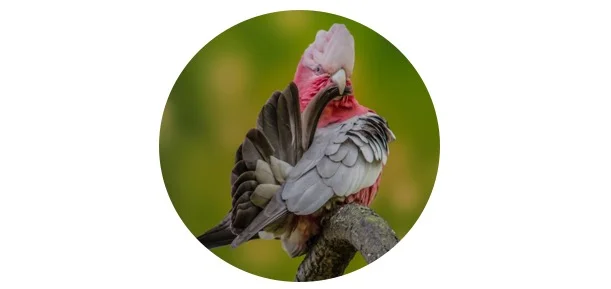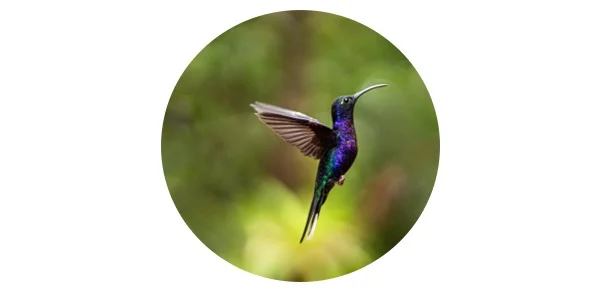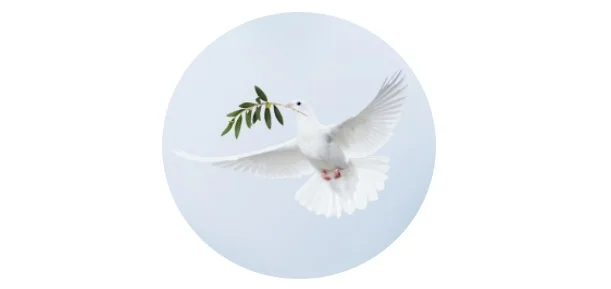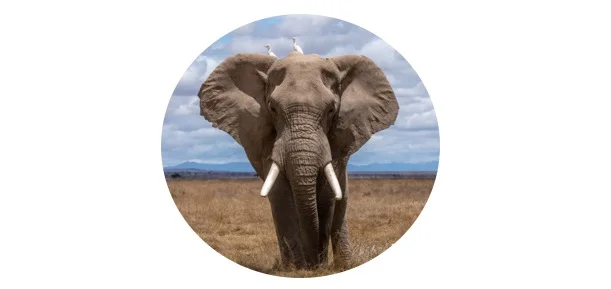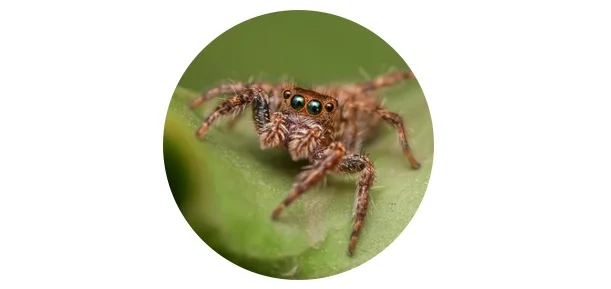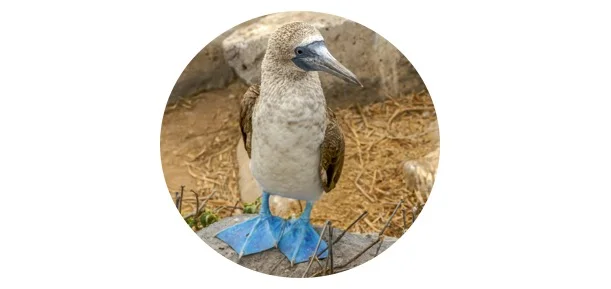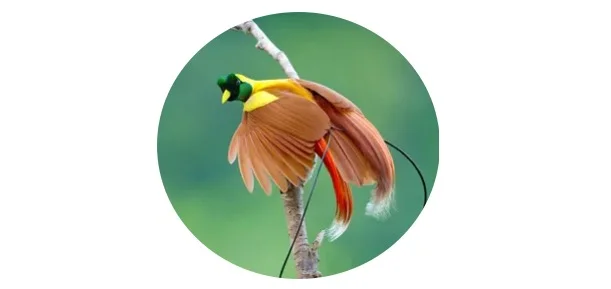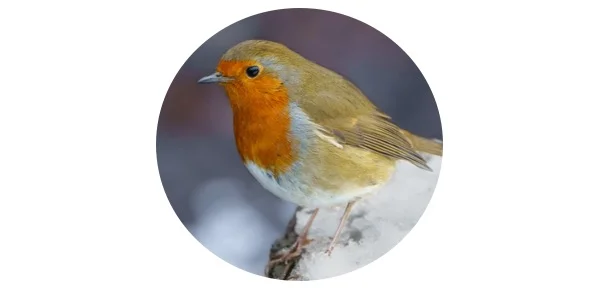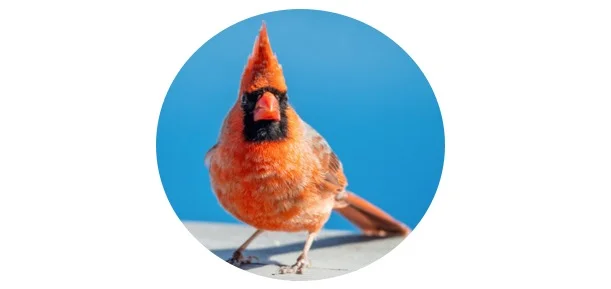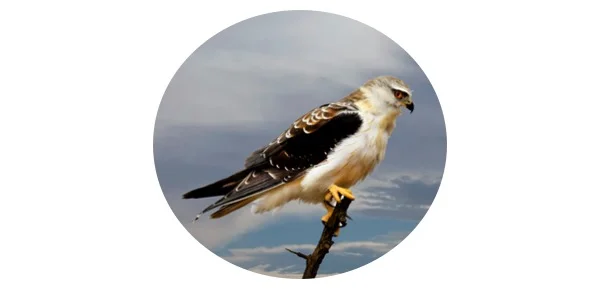Turkey Symbolism: Spiritual Meaning, Totem, Spirit, & Omens
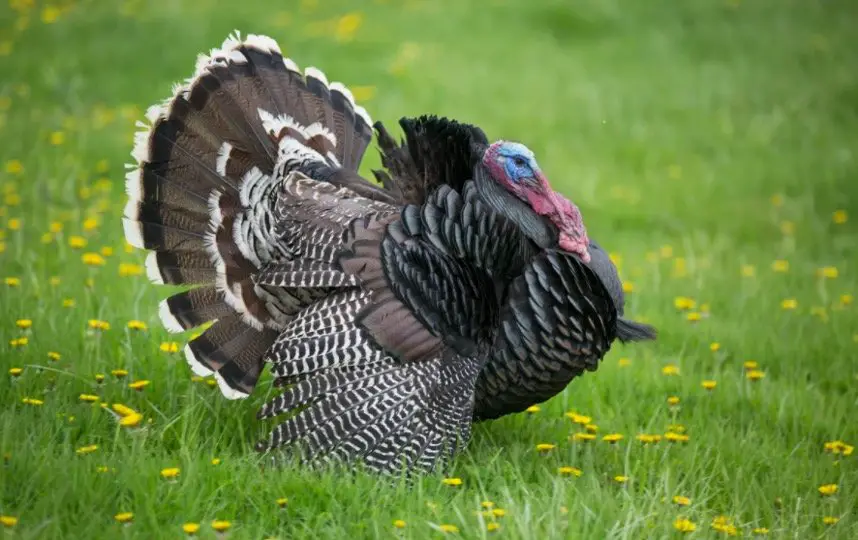
Table of Contents
Turkey Symbolism: All You Need To Know
The turkey is, of course, the unmistakable icon of Thanksgiving. The turkey, a huge ground-dwelling chicken native to North America, has long been linked with plenty; a hearty harvest dinner. Every year, millions of Americans sit down to a turkey meal with loved ones and a joyous holiday atmosphere.
However, the turkey is much more than its pivotal place on the Thanksgiving dinner table. The turkey, in fact, is a bird steeped in virtue and heritage. Indeed, Benjamin Franklin famously lauded the sturdy turkey for his several positive attributes.
There are various myths about turkeys being offered as a rival to bald eagles for the title of America’s national bird. Though the turkey has never been nominated for this function, Benjamin Franklin’s letter praising the bird considered it to be nobler than the bald eagle.
Aside from the obvious implications of celebration and wealth, the turkey has a plethora of other intriguing and important meanings. Many Americans contact with turkeys on a regular basis since they are a ubiquitous and adaptable bird, and they may be curious about the knowledge that may be acquired from such experiences.
In this essay, we’ll look at the numerous meanings of the turkey, as well as the historical symbolism and tales linked with this magnificent bird, as well as the spiritual connotations associated with turkeys. Perhaps the next time you eat a magnificent turkey, you will recall with thankfulness the unusual and intriguing animal that produced it.
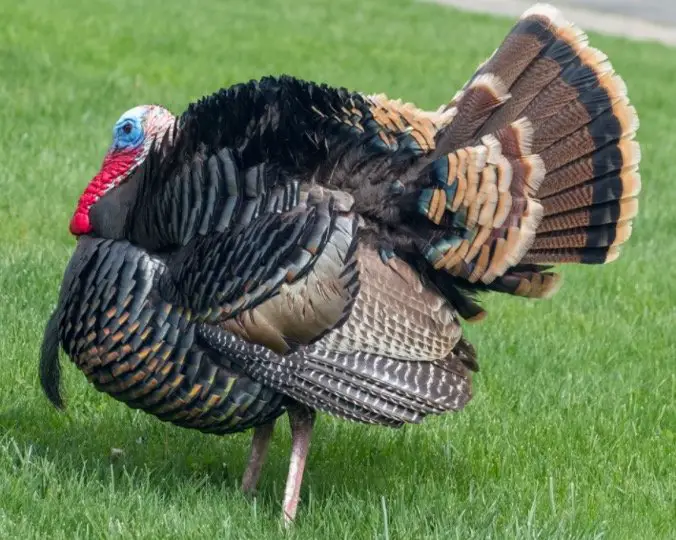
Turkey Symbolism and Meaning
As previously said, turkeys represent wealth and plenty. Consuming a turkey feast to commemorate the harvest’s success is an American cultural ritual that goes back to the first Thanksgiving.
The turkey is connected with generosity, thankfulness, family, and camaraderie because of its involvement in Thanksgiving. The turkey, like the holidays itself, draws people together to partake in the spirit of love, collaboration, and thanksgiving.
Turkeys are often associated with family and collaboration. These birds frequently reside in vast flocks made up of generations of families with well-established hierarchies. They watch after one another, roost together in the nights, and find protection in numbers.
Turkeys are sexually dimorphic, which means that men and females look different. Male turkeys are substantially bigger and have the recognizable fanned tail that most people visualize when they think of turkeys.
Males fight for supremacy until a hierarchy is created. The flock’s dominant male regularly acts as a protector. Turkeys are so frequently connected with manhood, protection, and fatherhood. Turkey is frequently used as an insult, although a mild one.
The term “turkey” typically refers to someone who is cowardly or dumb. This is the polar opposite of the bravery attributed to turkeys by Benjamin Franklin in his now-famous letter, equating them to bald eagles.
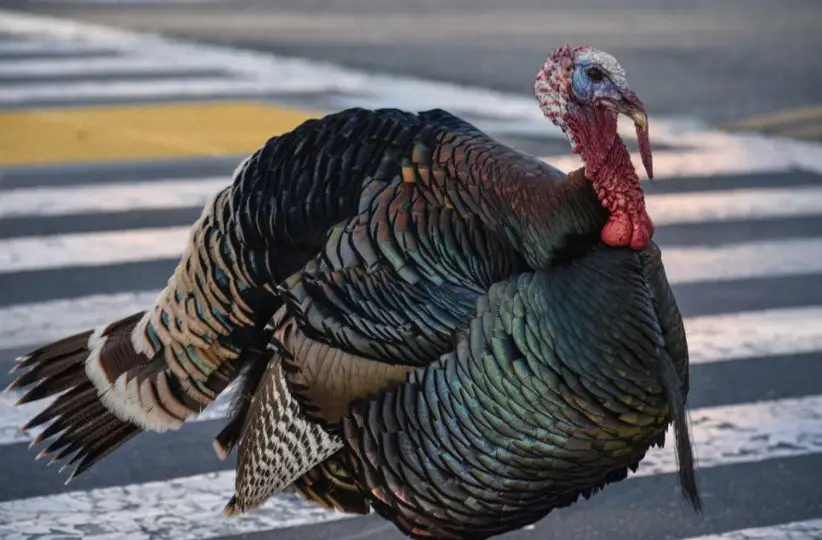
Turkey Native American Symbolism
Native American cultures place a high value on turkeys. They have a variety of meanings that change according to individuals and tales. Their feathers are often valued religious artefacts.
Turkeys were thought to have the ability to foresee the future in certain situations. In certain cases, the turkey could just forecast the weather. Turkeys and meteorological events are typically associated. The Pima people consider the turkey to be a rain spirit.
Turkey Christianity Symbolism
Although turkeys do not play a big part in Christian symbolism according to biblical text, American Christianity has joyously accepted the turkey as a symbol of the holidays and the Christian’s thanks to God for the many benefits granted.
Benjamin Franklin’s turkey characteristics correlate with the Christian values of protection, honesty, and integrity. Though it is a misconception that Franklin genuinely proposed that turkeys replace bald eagles as the national bird, he did find pleasant analogies between turkeys and the bald eagle in a letter to his daughter.
Franklin went on to observe, after pointing out that the eagle on the insignia of the Society of the Cincinnati Medal resembled a turkey: “For my part, I wish the Bald Eagle had not been picked as our country’s representative. He is a Bird with a poor moral character.
He does not earn his living in an honest manner. You may have seen him perched on a dead tree near the river, where, too lazy to fish for himself, he observes the Labour of the Fishing Hawk; and when that diligent Bird has at last caught a Fish, and is bearing it to his Nest for the Support of his Mate and young Ones, the Bald Eagle pursues him and takes it from him…
On this basis, I am not dissatisfied that the Figure does not resemble a Bald Eagle, but rather a Turkey. In reality, the Turkey is a far more respectable bird, and a truly original Native American…
He is also, although a bit vain and stupid, a Bird of Courage, and would not hesitate to assault a Grenadier of the British Guards who dared to enter his farmyard wearing a scarlet Coat.” Though Franklin was almost undoubtedly satirizing, the turkey is an excellent example of a bold creature that earns an “honest” life.
Turkeys are very protective of their young and have been known to rush against predators considerably bigger than themselves. They travel for miles and miles each day in search of food before roosting on a tree at night. Turkeys, in this sense, are a down-to-earth bird of which America may be proud.
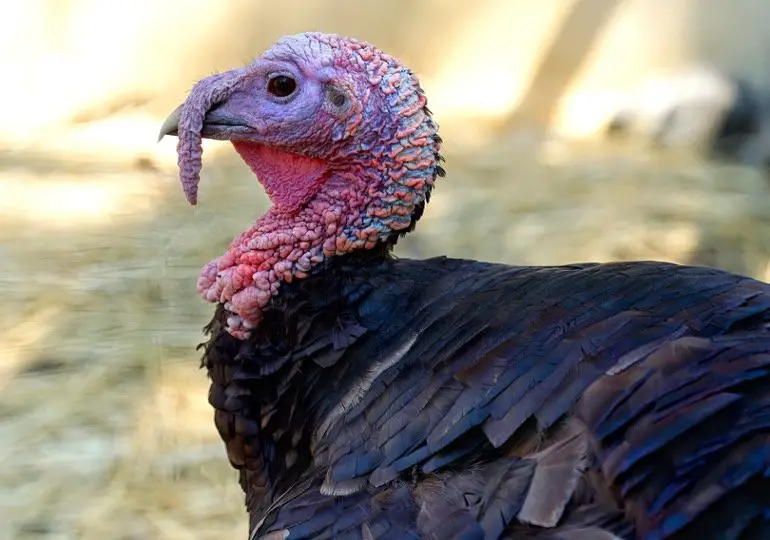
Turkey in Dreams
When a turkey appears in your dreams, it may leave an indelible impact. If you’re wondering what your turkey dream symbolizes, there are many possibilities. Turkeys are not lonely creatures.
They feel uneasy on their alone and prefer to roam in huge flocks where they can see where they fit in the hierarchy. If you have a dream about a single turkey, it might imply that you are feeling lonely or vulnerable. Perhaps you are lonely without your own flock, or you are struggling with doubts about how you fit into the life of your friends and loved ones.
A turkey dream might serve as a reminder that friendship and family relationships are formed on collaboration. Examine how you can be present for your loved ones if you want to feel more safe in your relationships.
Dreaming about a turkey in the context of food portends a bountiful harvest. A turkey dream might indicate that something unexpected and beneficial is about to enter your life. Make a point of acknowledging and thanking such things.
If you have a dream about a female turkey, it might mean that you are feeling overpowered by masculine energy. The boisterous male turkeys often overshadow the female fowl. Females are tolerant, but there comes a point when they must peck back!
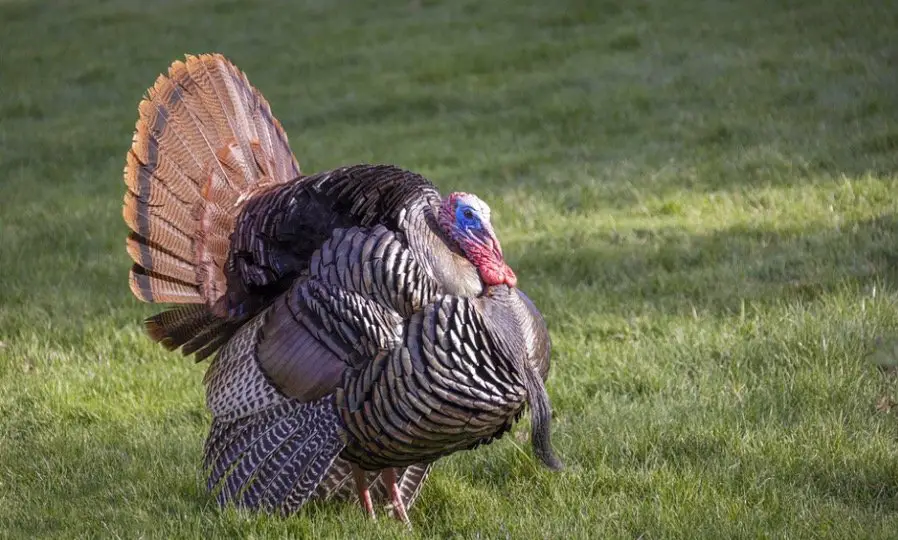
Turkey Encounters and Omens
A chance meeting with a turkey is typically a good omen. Turkeys are nocturnal grazers that spend their days grazing on plant debris and insects throughout vast swaths of their home ranges. Meeting a single turkey on its own is rare, and most bird sightings include a small group of stragglers or a large flock passing by.
The presence of turkeys is sometimes seen as a sign of good fortune. For the land to support a flock of turkeys, there must be adequate food and water to feed the flock. A chance meeting with a turkey may be instructive.
If a turkey comes up to you, it implies you have a loving and trustworthy character. Turkeys are trustworthy and clever birds who are unlikely to be duped by someone with nefarious intentions. A turkey sighting might also suggest that your family will expand in the near future.
Turkeys are devoted parents that work hard to nurture their chicks, or “poults.” If you come across a huge flock of turkeys or a mother turkey with poults, it might signify that a new addition is on the way.
Turkey in Mythology & Folklore
Turkeys are exclusively found in North and Central America. As a result, their mythical significance is restricted to the folkloric traditions of the people of these places. Given this reality, the amount of Turkey legend available is nearly astounding.
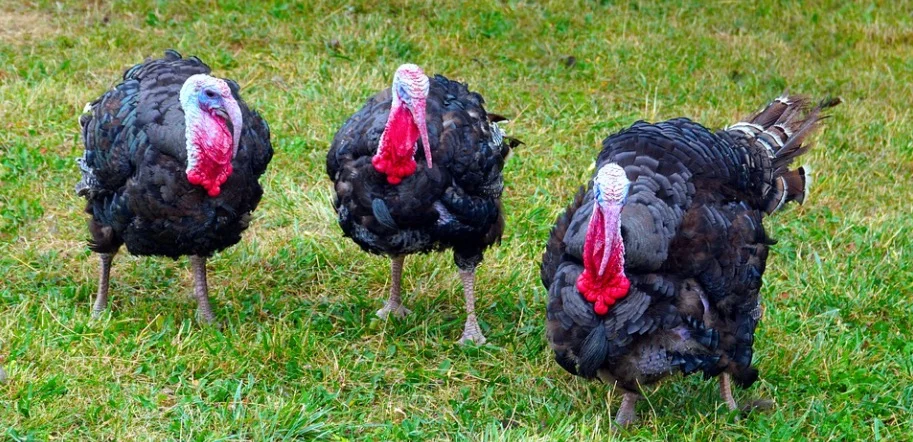
Native American Mythology
Many tales in Native American mythology include the turkey. In one narrative, a turkey gets burnt after consuming a hot ember while mistaking it for a firefly. This is how the turkey gained its trademark red hue on its head and neck, according to the tale.
Some cultures believed that the turkey was a psychopomp, or spiritual guide to the dead. To emphasize this link, they would sometimes wrap their deceased with turkey feathers. Chalchihuihtotolin, which means “jade turkey,” is an Aztec deity. Chalchihuihtotolin is a pestilence and sorcery deity who is also linked to feasting and revelry.
The Koyona Kachina is the turkey spirit in Hopi tradition. It is one of several spirits or “Kachinas” that symbolise natural strength. Hopi Kachina dances included ornate costumes and feather adornments.
There are simply too many turkey tales and legends in Native American mythology to present in such a concise description. I invite you to investigate these stories and to appreciate the rich folkloric traditions of the Americas’ Native Peoples.
Turkey Spirit Animal
Individuals that are outgoing and social are more likely to have the turkey spirit animal. The turkey spirit animal is the perfect “people person,” with a strong feeling of family and obligation.
One of the turkey spirit animal’s most endearing qualities is its work ethic. People that have the turkey spirit animal like getting up early and working hard to provide for their loved ones.
People who have the turkey spirit animal may struggle with being too assertive or obstinate. People with the turkey spirit animal may feel uneasy ceding power to others, much as turkeys do on a daily basis.
Turkey Totem Animal
The turkey is a totem animal that is inextricably linked to the earth. Most individuals who have this totem animal have a deep attachment to their home and ancestors. A person with the turkey totem animal, like the family-oriented turkey spirit animal, is industrious and honest.
Furthermore, the turkey totem animal is often observed in people who are prone to travelling. People with the turkey totem animal are adventurous spirits who, like turkeys, are naturally driven to journey all day long. When forced to live a sedentary lifestyle, they may begin to feel restless or anxious.
People with the turkey as their totem animal are often attentive and caring. They may exhibit “tough love,” yet underneath the surface, they want nothing more than to fret over their loved ones all day.
Turkey Symbolism Conclusion
Humans put up with a lot from turkeys. We eagerly eat them and rejoice at the chance to do so, while also utilizing their name in lieu of insults like “coward.” I contend that the holiday turkey is a criminally underappreciated animal. The turkey is sacred to many Native American tribes and is much more than a delicious dish.
Indeed, if one of our nation’s most revered founding fathers is to be believed, the turkey is a brave animal and a fitting representation of the unwavering American spirit. But, more than that, I believe turkeys represent family above all things.
Turkeys, like birds of a feather that flock together, are highly gregarious creatures that thrive in one another’s company. This attitude of camaraderie pervades Thanksgiving and the holidays in general. The turkey is a bird that brings people together, and for that we should all be grateful.
